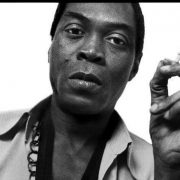3 Black Heroines of Our Time: African Women Leaders You Should Know
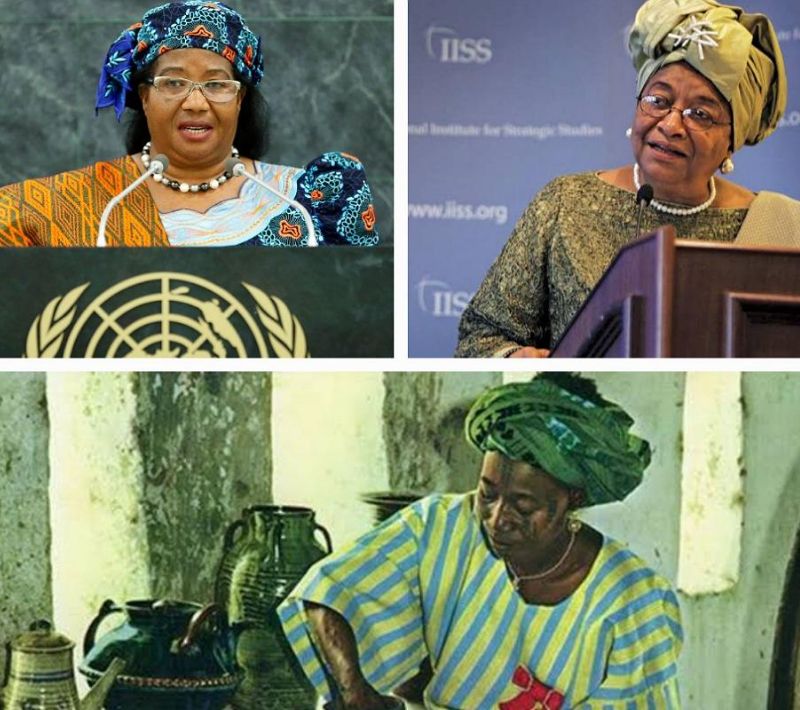
3 Black Heroines of Our Time: African Women Leaders You Should Know
|
Of all the continents in the world, Africa is known to be the richest in culture and tradition. However, we are also known for much more than that. We are also known for bravery, beauty, innovation, trade, and so many more.
Various African women in the past did their best to leave their footprints in the sands of time by accomplishing historic feats. These African women leaders are fondly remembered in our hearts as the heroines of our time. Let’s take a look at three of these African heroines.
1. Ladi Dosei Kwali (Nigeria)
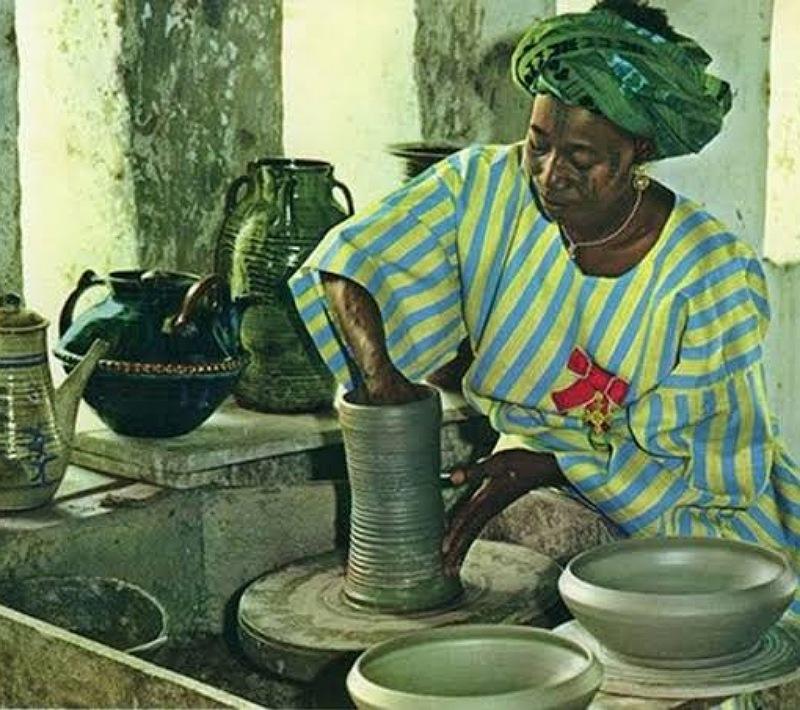
Recognize that picture? I’m sure it looks really familiar. Well yes, it is what you’re thinking.
Ladi Dosei Kwali (born 1925) is the first woman to appear on a Nigerian currency note. She is the face at the back of the twenty naira note and the pioneer of modern pottery in Nigeria.
Ladi grew up with her Gbayi parents in the village of Kwali, located in the Gwari region of present-day Abuja, where pottery used to be a common occupation among the women of that time. She grew to become the pioneer of African ceramic art modernism.
As a child, Ladi learned how to use the traditional method of coiling and pinching to make pottery from her aunt. The technique became a trademark of hers because she embraced it throughout her career.
Fast forward to years later, her talent was recognized by the Emir of Abuja (now Suleja), Alhaji Suleiman Barau. He was so fascinated by her works that he collected her pots to put on display in his palace.
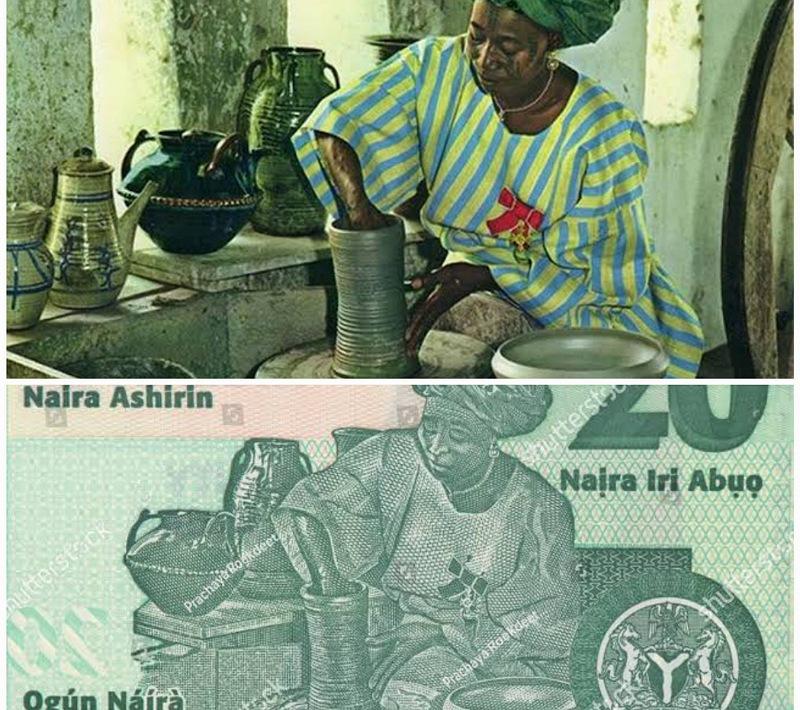
It was in the Emir’s palace that the international potter, Michael Cardew (1901-1983) first came across Ladi’s pottery during his 1950 tour for his extensive report on pottery development in Nigeria for the Nigerian colonial government.
In December 1954, Ladi Kwali became the first female trainee in the Pottery Training Centre (PTC) in Abuja, founded by Michael Cardew (1952). She completed her training in January 1959 and was employed at the centre, where she became an educator.
Ladi is seen as a role model to African women all over the continent because of her many achievements:
- In 1963, Ladi Kwali was awarded an MBE (Member of the Order of the British Empire).
- In 1977, Ahmadu Bello University in Zaria awarded her with an honorary doctoral degree.
- In 1980, she was invested with the insignia of the highest national honor for academic achievement – the Nigerian National Order of Merit Award (NNOM) by the Nigerian government (from the Cabinet Office of the Federal Republic of Nigeria).
- Kwali’s works are exhibited all around the world, such as at Aberystwyth University Ceramics Gallery, Victoria and Albert Museum, UK, and the Smithsonian National Museum of African Art, USA.
- Kwali was also recognized at the 2022 exhibition at Two Temple Place Body Vessel Clay, Black Women, Ceramics & Contemporary Art as the starting point for charting 70 years of ceramics by black women artists.
- Google celebrated Kwali with a Google Doodle on 16 March 2022. It was done in honor of Ladi Kwali. The Nigerian potter, educator, glassworker, and ceramicist.
Ladi Dosei Kwali is one of the African heroines of our time and one of the African women leaders you should know.
I’m pretty sure you didn’t give much thought about the woman at the back of that green polyester naira note in your bag until this article, did you? Well, let’s discover more of these incredible women leaders.
2. Ellen Johnson Sirleaf (Liberia)
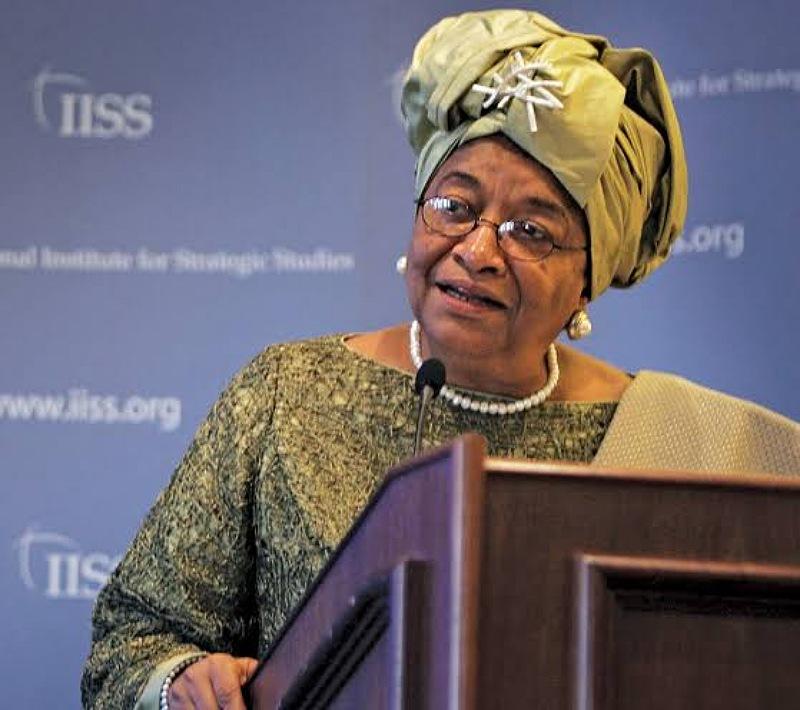
Among all the African women leaders you should know, Ellen Johnson Sirleaf (born October 1938) is a household name that must always be mentioned.
Infamously known as the “Iron Lady,” Ellen Johnson Sirleaf made history by becoming the first female Head of State in Africa. She functioned in the office of the President of Liberia from 2006 – 2018.
Before that, Ellen served in the Liberian Ministry of Finance for more than 10 years and she later rose to become the Minister of Finance in 1979. The Harvard-educated women leader continued to serve as Liberia’s finance minister until the democratic government met its decline after Samuel Doe’s 1980 coup d’etat. After the coup, Sirleaf fled the country.
Ellen refused to allow fear or intimidation to clamp down on her tongue. She vocally criticized Samuel K. Doe’s regime and got sentenced to jail for ten years when she returned to Liberia to contest for the senatorial seat for Montserrado County in 1985. She was later released and she didn’t stop there.
Sirleaf dabbled into political waters again during the 1997 presidential elections, however, she finished in second place, with Charles Taylor emerging as the winner of the presidential election.
Refusing to give up in her freedom fight, Sirleaf went for her second presidential bid and this time emerged as the winner of the 2005 presidential election, making her Liberia’s first democratically elected female president.
When Sirleaf came into power, Liberia’s economy was already devastated as a result of the after-effects of a civil war. The country was struggling with major debt crises and unemployment rates were alarming. However, she showed economic wisdom by requesting debt relief, and within just five years, she was able to rescue the country from its neck-deep debt crisis.
Liberia also enjoyed an abundance of international support and foreign investments during her tenure, and she served as a pioneering voice for anti-corruption in the country, thereby creating Liberia’s Anti-Corruption Commission.
Thanks to the progress, peace, and stability the country enjoyed during her tenure, she got re-elected in the 2011 presidential election and went for her second run.
In 2007, Ellen Johnson Sirleaf received the US Presidential Medal of Freedom (it is America’s highest civilian award).
Sirleaf is also a distinguished recipient of the Nobel Peace Prize. She won the award in 2011 in recognition of her political and economic efforts to bring African women into the peacekeeping process.
Ellen Johnson was also elected as the Chair of the Economic Community of West African States (ECOWAS) in June 2016. She became the first woman to be appointed to the position since it was created.
When Sirleaf’s term came to an end in 2018, she was able to hand it over to her successor (George Weah). Until then, Liberia had not experienced a peaceful handover of power between political opponents since 1944.
3. Joyce Hilda Banda (Malawi)

Joyce Hilda Banda (born April 1950) is also one of the notable African heroines of our time. She served in the office of the President of the Republic of Malawi from April 7, 2012, to May 31, 2014.
Banda went into office after the sudden death of President Bingu wa Mutharika, making her Malawi’s first female president and the second in the whole of Africa (with Ellen Johnson Sirleaf as the first).
She founded the People’s Party in 2011 and displayed political activism at various levels in Malawi by serving in various roles as Minister of Gender and Child Welfare and a member of Parliament before she became the president.
Joyce Banda served as an educator and a grassroots women’s rights activist. She also served as the Minister of Foreign Affairs (2006 to 2009) and the Vice-President of Malawi (May 2009 to April 2012).
Before swimming into political waters, the Malawian politician was first the founder of the National Association of Business Women (NABW), the Joyce Banda Foundation, the Young Women Leaders Network, and the Hunger Project.
Before her active career in politics, she was the founder of the Joyce Banda Foundation, founder of the National Association of Business Women (1990), the Young Women Leaders Network, and the Hunger Project.
Banda served as Malawi’s fourth president, first female president, and second female head of state, following Elizabeth II. She was also Malawi’s first female vice president and all of these earned her a place in the BBC’S 100 Women in October 2014.
The Joyce Banda Foundation (JBF) has assisted many orphans and Malawian children through education. The foundation offers both primary and secondary education and includes an orphan care center that comprises six centres and six hundred children. It also provides micro-credit to 10 youth groups and 40 women groups, seeds to 10,000 farmers, and has provided so many other donations.
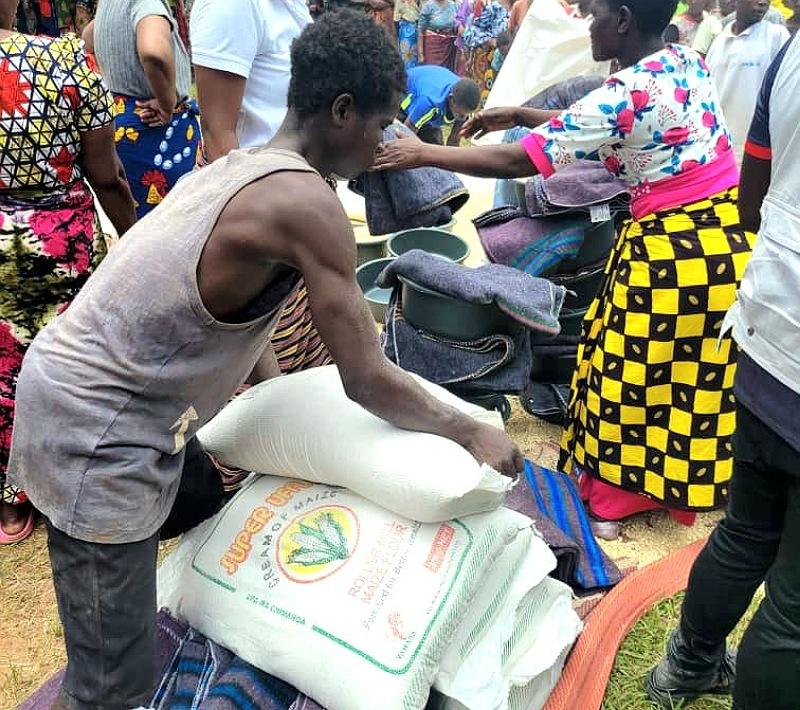
The JBF has also constructed four clinics in four of the 200 villages it cares for while assisting with rural development in various villages. JBF also has a partnership with the Jack Brewer Foundation. It is a global development foundation founded by Jack Brewer, the former NFL star player.
Joyce Banda was the recipient of the 1997 Africa Prize for Leadership for the Sustainable End of Hunger by the Hunger Project, (a New York-based non-governmental organization). She also displayed her benevolent philanthropic nature by donating the entire prize money to fund the building of the JBF foundation for less privileged children.
In 2006, she received the International Award for the Health and Dignity of Women from the Americans for United Nations Population Fund.
Alongside prominent personalities like Bishop Desmond Tutu and Mary Robinson, she served as commissioner for “Bridging a World Divided”. Joyce was also on the advisory board for the Federation of World Peace and Love in Taiwan (China), and a member of the Advisory Board for Education in Washington DC.
In 2012, she cut her salary by 30% and announced that the presidential jet would be sold, just so she could assist the nation as it was going through its financial crisis.
We could go on and on about her accomplishments but we’ll just end it with a compilation of her achievements by Wikipedia :
National Awards of Joyce Hilda Banda
- Woman of the Year, Malawi, 1997
- Woman of the Year, Malawi, 1998
- Nyasa Times Multimedia ‘Person of the Year’, 2010
International Awards of Joyce Hilda Banda
- Africa Prize for Leadership for the Sustainable End of Hunger, 1997, Hunger Project of NY
- International award for entrepreneurship development, 1998, Africa Federation of Woman Entrepreneurs and Economic Commission for Africa (ECA)
- 100 Heroines Award, 1998, Rochester, New York
- Certificate of Honors, 2001, Federation of World Peace and Love, Taiwan, Republic of China
- Women of Substance Award, 2010, African Women Development Fund
- Legends Award for Leadership, 2012, Greater African Methodist Episcopal Church
- Martin Luther King Drum Major Award, 2012, Washington DC
Honors
- Most powerful woman in Africa 2011, Forbes Magazine – rank #3
- Most powerful woman in Africa 2012, Forbes Magazine – rank #1
- Most powerful woman in the World 2012, Forbes Magazine – rank #71
- Most powerful woman in the World 2013, Forbes Magazine – rank #47
- Most powerful woman in the World 2014, Forbes Magazine – rank #40
Joyce Hilda Banda is unquestionably one of the most powerful African heroines of our time.
Conclusion
Fighting against all odds, these women have proven that African women can take the lead whether it’s in politics, trade, or finance. They have proven themselves as women leaders that should forever be remembered and they remain evergreen in our hearts.
Are there other African heroines that you think we should know that weren’t mentioned? You can mention them in the comments section below!
All images are sourced from googe.com & twitter.com

